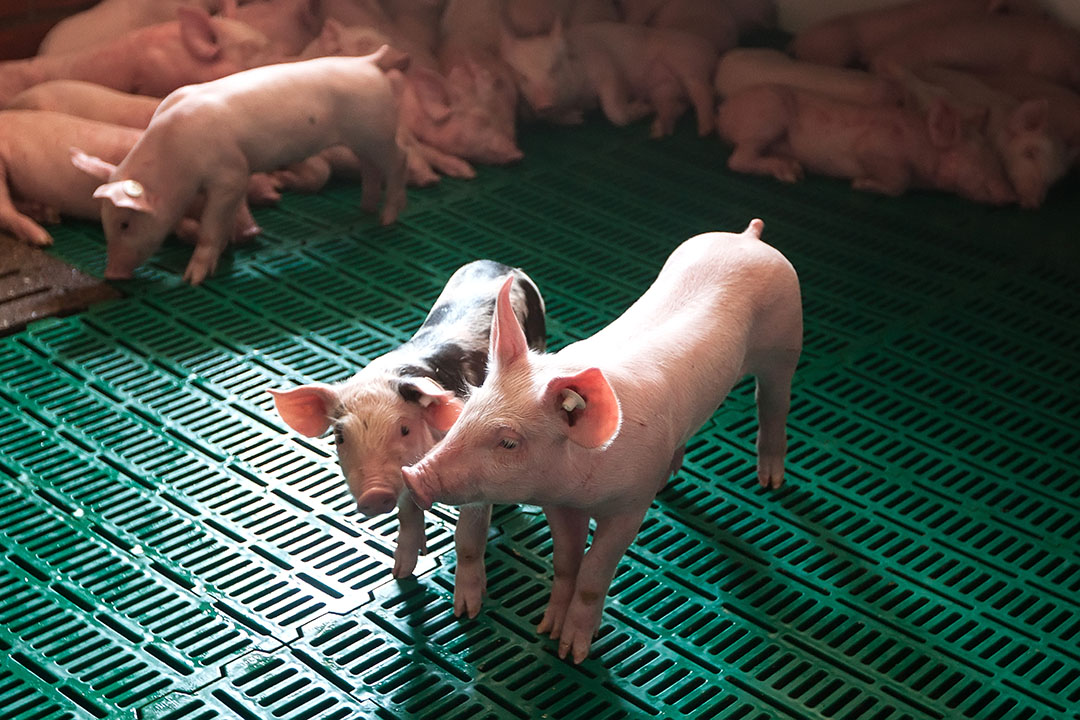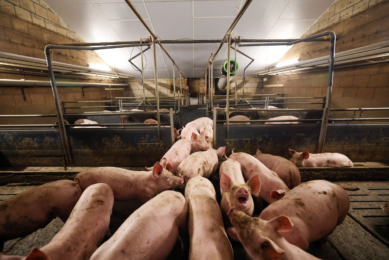Yeast extract for better weaned piglets

Yeast extract can benefit weaned piglets and can reduce the inclusion rates of spray-dried porcine plasma, an ingredient that is scarce and not allowed in many countries.
Weaning stress could result in numerous challenges for pigs, including diarrhoea, impaired performance, and increased mortality. One effective approach to relieve weaning stress is to supplement appropriate animal protein sources in the weaned diets such as spray-dried porcine plasma (SDPP). However, the use of SDPP in pig industry has been inhibited in many countries for its potential bio-security risk and high cost. Thus, there is an increasing interest in recent years to find new potential protein source supplements to replace SDPP in weaned diets.
Yeast extract (YE) separated from inner yeast cell could be a functional source of nutrients, since it is rich in peptides and nucleotides. Numerous studies have been reported that YE as a superior protein ingredient to substitute SDPP for weaned pigs had beneficial effects on the performance, immune function and intestinal health.
Effect on growth and immune response
A group of Chinese researchers also identified earlier that YE could be a potential substitute for SDPP as a superior protein ingredient in diets for pigs in terms of the available energy and amino acid (AA) digestibility. A new experiment was conducted to test the hypothesis that YE as a partial substitute for SDPP in diet could stimulate the immune responses and improve the performance and nutrient digestibility in weaned pigs. A total of 90 healthy pigs weaned at 28 d of age (8.5 ± 1.2 kg) were assigned into 3 treatments according to sex and weight in a randomised complete block design. The dietary treatments consisted of a negative control diet without YE and SDPP supplementation (NCD), NCD supplemented with 40 g/kg SDPP at the expense of soybean meal (SDPPD) or SDPPD supplemented with 20 g/kg YE at the expense of SDPP (YED). The YE and SDPP was supplied by Phileo Lesaffre Animal Care (Marcq-en-Baroeul, France) and NP Protein Company (Tianjin, China), respectively.
Yeast can partially substitute SDPP
During the 28-d experimental periods, pigs fed YED and SDPPD improved average daily gain (P < 0.05) and feed efficiency (P < 0.05) compared with pigs fed NCD. No statistical differences in performance were observed between YED and SDPPD. The apparent total tract digestibility of crude protein was greater in pigs fed SDPPD and YED than those fed NCD (P < 0.05). Compared with pigs fed NCD, pigs fed YED decreased (P < 0.05) or tended to decrease (P = 0.09) urea nitrogen and diamine oxidase contents in serum. The serum IgG and IgM content was greater in pigs fed SDPPD and YED than those fed NCD (P < 0.05). The SDPPD and YED decreased serum tumour necrosis factor-α in comparison with NCD (P < 0.05). The YED decreased serum interleukin-6 (P < 0.05), and SDPPD increased serum interleukin-10 compared with NCD (P < 0.05). No statistical differences in small intestinal morphology or hindgut volatile fatty acids were detected among the treatments. Based on these outcomes, the researchers conclude that YE could be a partial substitute for SDPP in diets for weaned pigs in terms of positive growth performance and immune function.











